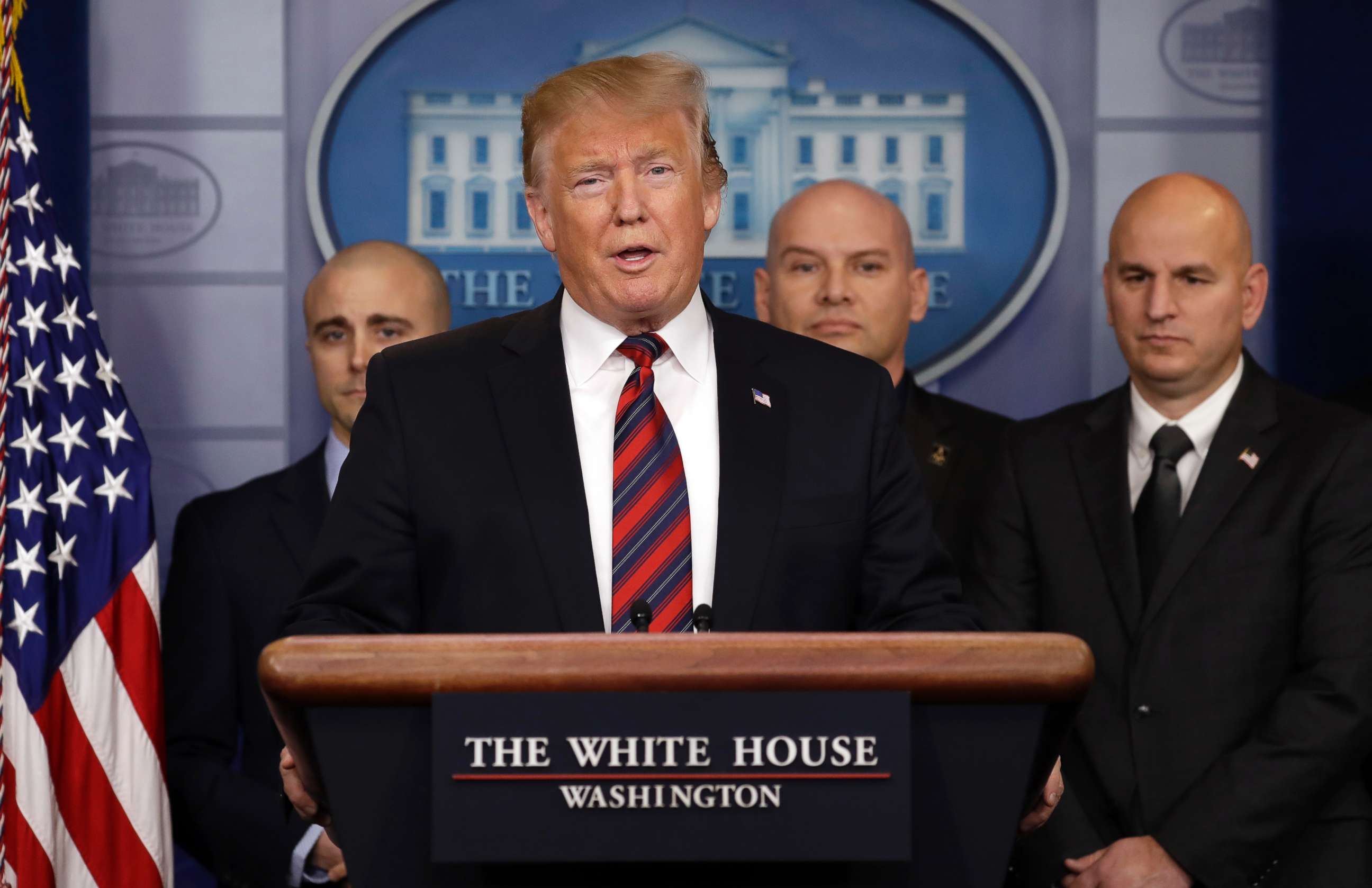In a bold declaration amid escalating tensions in the Middle East, President Donald Trump has warned that the United States would completely withdraw support from Israel if it proceeds with annexing the occupied West Bank.
This statement, made during a White House press briefing, comes as Israel’s Knesset advances controversial legislation aimed at asserting sovereignty over the territory. 36 Trump’s position marks a rare public rebuke of Israeli actions, though skeptics question its sincerity given his long history of unwavering allegiance to the Jewish state.
The West Bank’s Long-Standing Occupation
Israel has maintained military occupation and effective control over the West Bank since capturing it from Jordan during the 1967 Six-Day War. Over the decades, Israel has expanded settlements housing hundreds of thousands of Jewish Israelis, which are widely considered illegal under international law.
These settlements, along with a network of checkpoints, walls, and military outposts, have fragmented Palestinian communities and restricted movement, effectively integrating large swaths of the territory into Israel’s domain without formal annexation.
Palestinians in the West Bank face daily realities of displacement, home demolitions, and limited access to resources like water and land. The Oslo Accords of the 1990s envisioned the area as part of a future Palestinian state, but ongoing settlement growth has eroded that prospect. Critics argue that de facto annexation has already occurred through administrative and legal measures that apply Israeli law to settlers while subjecting Palestinians to military rule.
Knesset’s Push for Sovereignty
On October 22, 2025, Israel’s Knesset gave preliminary approval to two bills that would formally apply Israeli sovereignty to West Bank settlements and potentially the entire territory. The measures passed narrowly in committee, with a 25-24 vote, and now face additional readings before becoming law. Proponents, including far-right lawmakers, frame this as a necessary step to secure Israel’s biblical and security claims.
This isn’t the first such move; in July 2025, the Knesset passed a non-binding resolution supporting sovereignty over the West Bank. However, the timing—coinciding with U.S. Vice President JD Vance’s visit to Israel—has drawn sharp criticism from both sides of the Atlantic.
Vance called the vote a “very stupid stunt” and an “insult,” emphasizing that Trump’s administration opposes annexation. Similarly, Senator Marco Rubio warned that it could jeopardize ongoing Gaza ceasefire efforts.
Netanyahu’s Ambiguous Stance
Prime Minister Benjamin Netanyahu has publicly opposed the bills, with his office labeling the vote a “deliberate provocation” and a stunt by opposition rivals aimed at straining U.S.-Israel ties. Yet, Netanyahu’s track record tells a different story. Throughout his tenure, he has championed settlement expansion, vowing in 2019 to annex parts of the West Bank if reelected. His coalition includes ultranationalist parties that prioritize sovereignty, and he has historically used such rhetoric to bolster his right-wing base.
Analysts suggest Netanyahu’s current opposition may be tactical, influenced by U.S. pressure and the fragile Gaza truce brokered by Trump earlier this year. Despite his denials, actions like approving thousands of new settlement units in 2025 indicate ongoing support for creeping annexation.
Trump’s Loyalty to Israel: Rhetoric vs. Reality
Trump’s threat to cut funding—potentially billions in annual military aid—appears at odds with his self-proclaimed status as Israel’s staunchest ally. During his first term, he recognized Israeli sovereignty over the Golan Heights, moved the U.S. embassy to Jerusalem, and brokered the Abraham Accords normalizing ties with several Arab states. In 2025, his administration has continued robust support, including arms shipments amid regional conflicts.
However, instances where Israel has seemingly undermined U.S. interests abound. A glaring example is Israel’s September 9, 2025, airstrike on Doha, Qatar, targeting Hamas leaders like Khaled Meshaal. Qatar, a key U.S. ally hosting the Al Udeid Air Base—the largest American military installation in the Middle East—was mediating Gaza talks at the time. The strike, which missed its targets and caused civilian casualties, strained U.S.-Qatari relations and nearly derailed ceasefire negotiations. Trump later facilitated a call between Netanyahu and Qatari officials to de-escalate, but the incident highlighted Israel’s willingness to act unilaterally.
Other recent examples include Israel’s alleged intelligence operations that have complicated U.S. diplomacy, such as reported cyber activities against Iranian targets that risked broader escalation without full U.S. coordination. Additionally, Israel’s expansion in the West Bank has fueled anti-American sentiment in the Arab world, undermining U.S. efforts to counter Iranian influence.
Some observers believe Trump’s anti-annexation stance is performative, aimed at appeasing the anti-Israel faction within his MAGA base, particularly amid domestic protests over Gaza. He has claimed commitments to Arab nations under the Abraham Accords, but as president, Trump wields significant foreign policy leverage—contrary to suggestions he lacks control. Still, Israel’s influence in Washington, through lobbying groups like AIPAC, often sways bipartisan support.
The Broader Palestinian Plight and Israel’s Unyielding Path
The West Bank and Gaza have suffered immense devastation. Gaza, post the 2023-2025 conflict, lies in ruins with over 40,000 reported deaths and widespread displacement. The West Bank sees similar patterns: settler violence, land seizures, and economic strangulation have displaced thousands more Palestinians. Entire villages have been razed, echoing historical expulsions since 1948.
Regardless of U.S. leadership, Israel appears determined to consolidate control. Proponents argue security necessities drive this, but critics see it as conquest. Israel’s sway over U.S. politicians, media narratives, and tech platforms—through funding and alliances—has long shielded it from accountability. Yet, a generational shift is evident: American youth, galvanized by social media and campus protests, are increasingly critical of Israel’s policies, prompting a frantic push by pro-Israel advocates to advance agendas while support holds.
Trump’s warning may signal a pivot, but history suggests rhetoric often yields to realpolitik. As Vance noted during his Israel visit, the U.S. isn’t there to “babysit” the ceasefire like a “toddler.” With annexation bills advancing, the coming months will test whether Trump’s words translate to action—or if Israel’s trajectory remains unchecked.










Share:
Cartel Bounties on the Line: Mexico’s Narco-Terror Escalates Against U.S. Agents
A Grand Addition: The White House’s New Ballroom and the Path to Fiscal Discipline